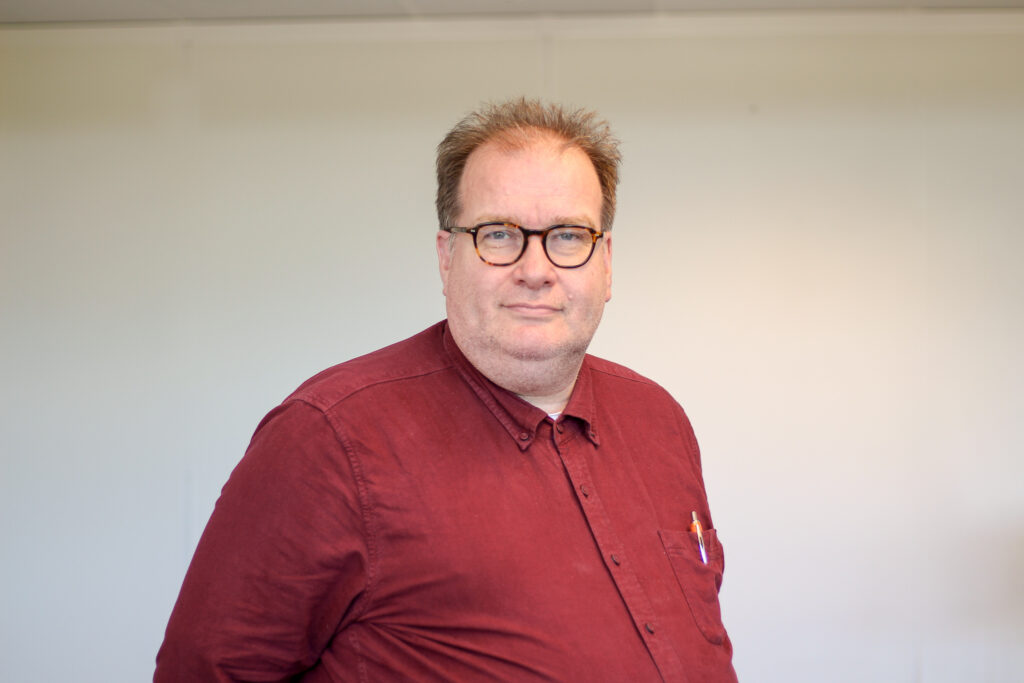Report – Drug-free Mental Health Services in Norway
Do patients in Norwegian mental health care have a real choice about what type of treatment they can receive?
In 2015, the Ministry of Health and Care Services asked the regional health authorities to establish drug-free treatment offers. This was after a demand from five service user organizations that came together in 2011 to form “Fellesaksjonen for Medisinfrie Behandlingsforløp” (Joint Action for Drug-Free Treatment in psychiatry). The establishment of drug-free services can be seen as a paradigm shift in mental health care and must be characterized as a groundbreaking work.
Competence center for user experience and service development (KBT) was in the autumn of 2016 commissioned by the Norwegian Directorate of Health via Central Norway Regional Health Authority, to carry out an evaluation and make a fact-finding overview of drug-free services, published in 2018 as a compilation report. In 2020, we finished the evaluation, and we will now present some of the findings.
Main findings
In our evaluation, we found that it was difficult for patients to have a real choice about which treatment they could receive. The main reasons for this, was that the patient didn't know enough about what choices they had, and that there were gatekeepers in the health service.
The other main finding, is that there were two different ways to integrate drug-free treatment in the services. Where it were opened own units, the patients had an overall better impression of the service. Where the drug-free alternative was integrated in an already existing unit, the patients did struggle to understand that they were really receiving a drug-free treatment.

Main author and CEO at KBT, Dagfinn Bjørgen, hope that this evaluation can make a positive contribution to the further development ofthe drug-free mental health services.
Other findings
In the report, you can read about the patients' reflections on, among other things
- Help to reduce medication
- Challenges with day care
- Need for follow-up
- Patients' participation
- Coercion
You can also read about our recommendations for the drug-free offers in mental health care. We pay special attention to patients' rights, organization and content of the services.
About the evaluation and the drug-free treatments
We have talked to 33 patients in drug-free treatment about their experiences. The report summarizes a 4 year long work with gathering information, interview and analysis.
Drug-free treatment in mental health care
A drug-free treatment involves help to master mental health challenges without medication (psychotropic drugs) being the main strategy. Patients who want it should be helped to take less medication and possibly quit altogether. Examples of activities in the treatment can be music therapy, physiotherapy, group therapy, art therapy, nature experiences and recovery workshop.
Summary
Competence center for user experience and service development (KBT) was in the autumn of 2016 commissioned by the Norwegian Directorate of Health via Health Central Norway, to carry
out an evaluation and make a fact-finding overview of drug-free services, published in 2018 as a compilation report. The establishment of drug-free services is based on requirements from "the Joint Action for Drug-Free Services," which is an association of the organizations National Association for Relatives in Mental Health (LPP), Aurora Support Association, Mental Health, White Eagle, and We Shall Overcome (WSO).
The letter of assignment from the Ministry of Health and Care Services to the health trusts, provided for the facilitation of drug-free units in all health regions; two in Helse Sør-Øst RHF (Trust), and one for the others Trusts. The establishment of drug-free services can be seen as a paradigm shift in mental health care and must be characterized as a groundbreaking work. The drug-free services have chosen different forms for organizing in the health regions, with various target groups and content, and we will refer to this in the report as two different models. The collation survey consisted of contact with and information from patiens groups.
KBT conducted individual qualitative interviews as well as focus groups with patients at the drug-free services in the four health trusts. The surveys show that there is considerable variation in the implementation of the drug-free services. The specialist health services are in the process of developing the drug-free services, but much remains to be done to make these services equal to other services within mental health care.
The drug-free treatments must be better known to the patients to enable them to make individualized choices. The evaluation shows that the drug-free services offer an essential and long-awaited possibility for the users to master mental health challenges without psychotropic drugs being the primary strategy for help. The patients have reported that they have experienced shortcomings in information about drug-free services.
There was also a lack of knowledge among service providers about drug-free treatment. However, once they had received such treatment, the users gave a lot of positive feedback on several parts of the offers. Reference is also made to the presentation of results in the report. Where the services were organized as separate units, the
services appeared more distinct and comprehensible, and it was easier for patients to understand the content of the treatment offered. When integrated into the other treatment options, it was more difficult for patients to understand that they received a drug-free offer.

